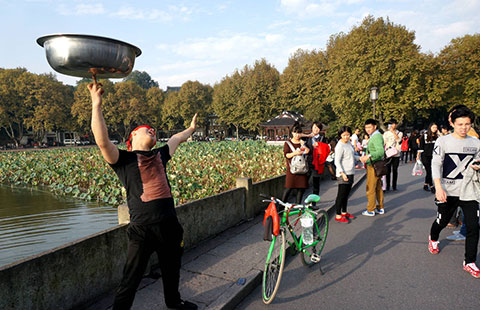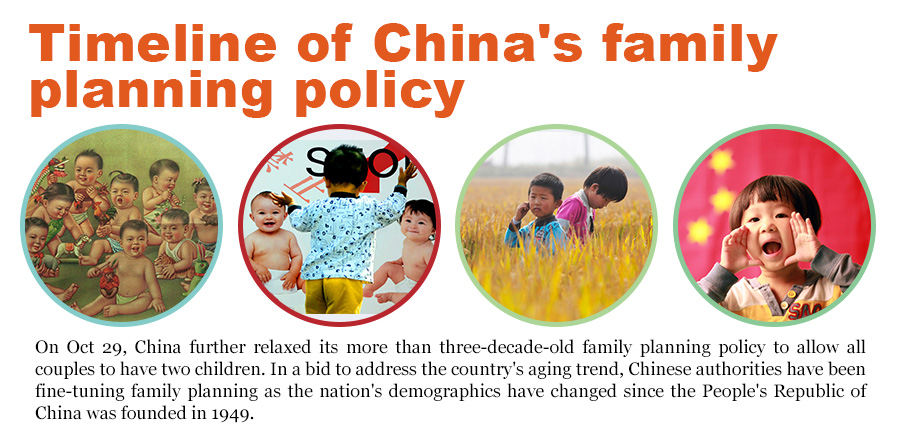Gender politics don't excuse sexist behavior
By Wu Wencong (China Daily) Updated: 2012-07-13 10:19"Sexual harassment cannot be justified, no matter what the victims wear or do not wear. We should cut off the connection created between sexual harassment and clothing," said Lu Pin, 40, who runs the Media Monitor for Women Network, a Beijing-based NGO that promotes gender equality in the media.
Lu said women wearing revealing dresses may want to attract the attention of others, but that doesn't equate to an invitation for harassment.
"When people attempt to link those two things, they turn men's sexual desire directly into sexual assault, which means some men will feel they have the right to assault a woman once they've been attracted," she said. "That interpretation is clearly unfair, both to women and men."
Lu blamed the furor over skimpy dresses on double standards. "Posters or advertisements featuring images of sexy women can be seen in public areas in every large city in China, and people are used to that. So why is there so much fuss about seeing a real one?"
She suggested that some men get a boost from feeling tempted by attractive women in public and feel admiration, not offence. "How you deal with your own feelings has nothing to do with other people, and they should not be blamed."
Wang Jinling, director of the sociology research institute at Zhejiang Academy of Social Sciences, agreed that women should be at liberty to wear what they want.
"It's very common that men can be half-naked in public, showing off their chests and abdominal muscles. So, why can't women wear sexy dresses? That's not fair," said Wang.
Lu said men should face and accept their desire for women, and society should be more tolerant. "Don't be so hypocritical as to deprecate something when you are actually enjoying it. And don't misread women when they exhibit their sexuality or regard it as an invitation to harassment."
- Taiwan leader says it's his duty to 'build a bridge'
- Coal-fired boilers are on their way out of Beijing
- High-tech lookout keeps eye on border
- Direct deliveries safer, judges tell online shoppers
- China-Vietnam border major channel for drug smugglers
- China to speed up restructuring of zombie SOEs
- Singapore plays positive role in ties between mainland and Taiwan
- Success of Fox Hunt campaign continues
- SOE changes aim to improve efficiency
- Major farm reform on the horizon







